Table of Contents
How should we approach Equity Investing?
Equity is nothing but part ownership of a business. You buy the equity of any company, you’ll be the owner of the company to the extent of the shares you buy.
For Example: Let’s take Pai. Limited (hypothetical case), a listed company that has 1000 shares outstanding. This means the entire company is worth 1000 shares. So, If the equity is valued at Rs.100 per share. Then, you can buy the entire company for Rs-1,00,000 (1000*100)
Now, If you buy 10 shares out of the 1,000 o/s shares. you are buying 1% of the entire company. (10/1000*100). This way, any profit/loss the company makes, since, you are part-owner of the said business. You are also the part-owner for any profit/loss the company makes.
It’s up to the board of the company to give you your share of profit by way of dividend. If not, the management can decide to invest the amount back into the company. And, in case of loss, the company’s reserves will take a hit (in our next video, we’ll explain more about reserves). For now, do note that. The share price of a company’s equity shares is ultimately valued based on the company’s earnings.
What is wealth, how it is attained through equity?
The real wealth is in ownership. Take, for example, most of the richest people on this planet. They are rich due to their stake (shares ownership) in the business. Directly or indirectly they own single or multiple businesses.
Example: Mr.Jeff Bezos with a Net worth of over 185 billion US dollars. He owns just over 10% of the Amazon company. Now, note that the entire company is worth a whopping 1.5 trillion US dollars.
Now he is the second richest, while Mr. Elon Musk became the richest individual due to his stake in Tesla and other companies. Here, we can observe that Mr.Musk became the richest because of his stake in Tesla which was trading at around 100 $ in 2020 rose to over 800$ in a span of 12 months.
Now, almost the rest of all the richest individuals made their wealth via their ownership in a business owned directly or indirectly. Ownership as in business, real estate-property, art collections, bullion (bullion is nothing but gold & silver kinds of precious metals), and such.
So, you might be thinking what’s there for us in that (we are just small-time investors). Yes, Mr.Besoz is rich. So what?! they are the richest, what do we have here? Right??
Well. Since Mr.Besoz or Mr.Musk were holding major stakes in their company. They became billionaires (On paper) But if you had invested in them while they were in their process, progressing as an entrepreneur by providing with their goods and services, even you could have made money.
Think about it this way.
The world is built upon two important sets of people.
- An Inventor. Without invention, we would achieve nothing. The invention is what takes humanity to its next leap, next step! Example: Mr.Nikola Tesla a great inventor, known for his various notable inventions had over 280-300 patents to his name. (property right, a form of intellectual property that gives its owner the legal right over his inventions.) They create something out of nothing. They invent.
- An investor. Just with the invention, we cannot make it succeed. The said invention should reach people. It should solve problems.
Like, Even if you have the cure for Covid, it’s of no use if the same doesn’t reach the public. Right?
So, it’s the investors that help in the process of making things available to the public. When the inventor arranges human capital (Skill and competence). It’s the investor who arranges the Monetary capital (Money).
Example: You might have heard of JP Morgan chase, It’s a well-recognized banking & investment company. The founder is Mr.J.P.Morgan, who was one of the investors in ‘Mr.Thomas Edisons’ projects. Now, think of all the notable contributions by Mr.Edison. They were partially funded by an Investor. I.e, Mr.J P Morgan.
I hope you got the point.
This is where investors come in. An investor not only helps an invention in reaching its destined goal. He/she will also see to it that the process is profitable.
You might be wondering. Why “profit”. Well, think about it this way. Would you do what you do for a living if you were not paid for it? I’m sure some of you might be nodding “Yes”. But, are you sure that your productivity will be the same?
Profit is what makes us efficient. With the motive of profit, people see through various efficient ways to meet their goals. In the name of “Profit maximization,” we get to see some rotten eggs who misuse the system. But, let’s not generalize it entirely as evil.
Anyways,
Now, by applying the earlier logic. Instead of “scientists” who invent scientific inventions, we use “Entrepreneurs” who invent ways to provide goods and services to the general public in an efficient manner. To help these individuals in reaching their goals. They are to be funded. This is how we get “Startups” funded by VC (Venture Capitalist)
Wherein, startups entrepreneurs as in “inventor” and the VC as in “investor”.
Suppose,
The startup, a few years down the line, started picking up, gaining market share. Makes better products and services. Increased earnings. Now, they want to go public. As in IPO
Now, post-qualifying the “Security board guidelines” (In India we have SEBI) the company wants to get listed in the Stock market. Here, we the investors get to invest in the company. We in the sense, we general public are given a chance to be business owners.
The entire process of starting a company to this stage where we are now, (where we get to invest in the company) the entire process is rigorous and highly challenging. So, when they (the company) go public. Investors show their appreciation towards the efforts of an inventor (in this case an entrepreneur) by investing. We get to be part of something big!
These investors will be the part owners of the company. To share future profit/loss. In the future prospects of the said company.
You and I get to become owners of companies that are listed in the Indian stock market. If that’s not compelling enough. Check out the earnings prospects.
What return equities give compared to other investments.
Savings deposit and such other cash and cash equivalents are not worth the investment for they do not grow. There is no growth aspect in such investments. But, equity grows with the growth in business.
Example: Interest in savings is on average 3-4%. Inflations which is a form of tax, Inflations are at over 4% on average. So, basically, you are making no real progress.
But, this is not the case for Equities. They grow on an average in double digits. Since its inception in November 1996, the NIFTY Next 50 index has delivered an annualized return of 17.2% as compared to 12.2% of NIFTY 50 (which ain’t that bad either). Over the same period, SENSEX has delivered a CAGR (Compound annual growth rate) of 8.9% per annum. This is for the past 24 years.
Now, here’s the best part. When Covid struck, all the funds that were to be invested took a hit. The funds had to be invested somewhere, where they are promised sufficient returns. Now, these funds wanted a growing economy. They wanted growth. And, when we think of growth, we think of India
The amount of foreign and domestic funds that ought to be invested in equity is huge. The next decade is for India for sure. Invest in India, Invest in growth.
There is no asset class that can beat equities with such consistency and favorable return.
To Invest in Equities. You need a Demat account. In the description. I have provided a link for India’s top brokerage. Open your Demat account today. Be ready for the opportunity is right around the corner.
Finally, My last piece of advice for today.
Any time of the day. I would suggest each of you to Invest in Equities. But, the way I see it now. The market is at its all-time high. Yes, it looks overvalued! And, if history has taught us anything. Then, it is to be fearful when the market is in a greed mode.
I would suggest not to take fresh scripts until the market shows some clear direction. And, for those investing via SIP. No matter where the market is heading. Do not stop your SIP. Stick with it as long as you can afford it.
At this point, One important quote I would like to make.
It is said by Mr.Muthukrishnan.
Sir says – “If the market is cheap: Buy and wait. If the market seems expensive: Wait and buy. And, If you have no clue about the market: Then, Buy regularly by investing small amounts over a long period of time”.
It’s as simple as that.
Disclaimer: All the information on this website is published in good faith and for general information purposes only.

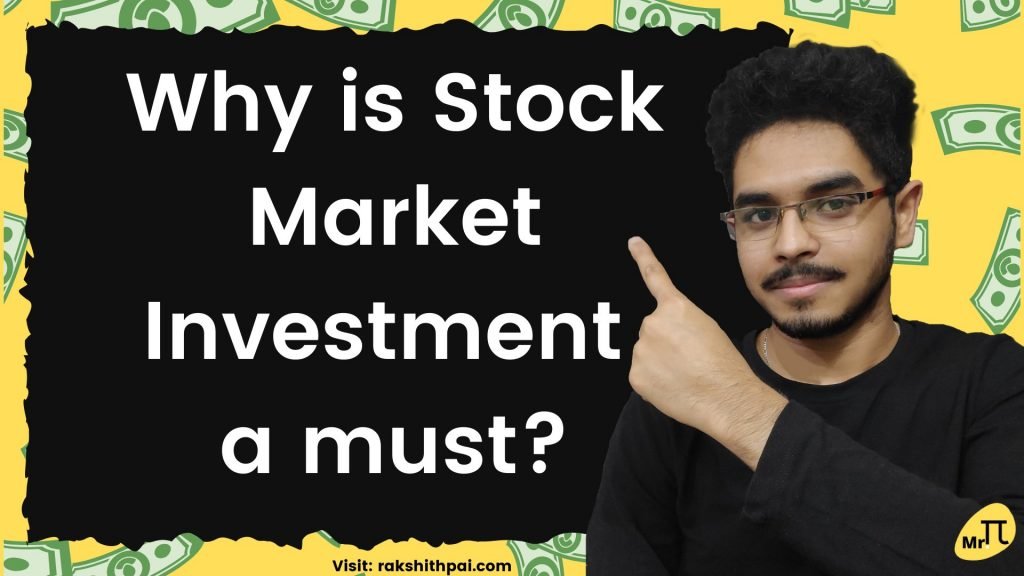
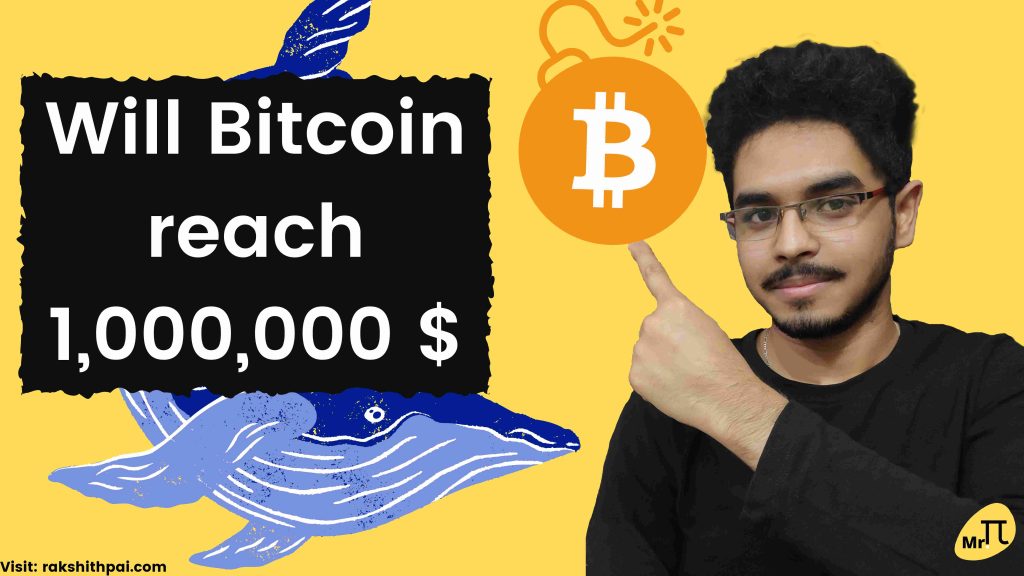

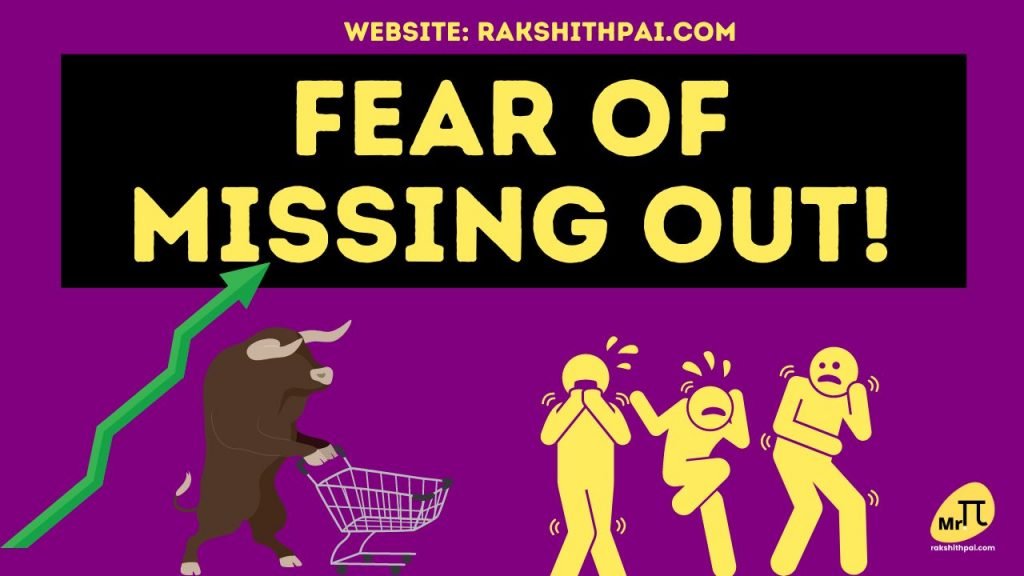
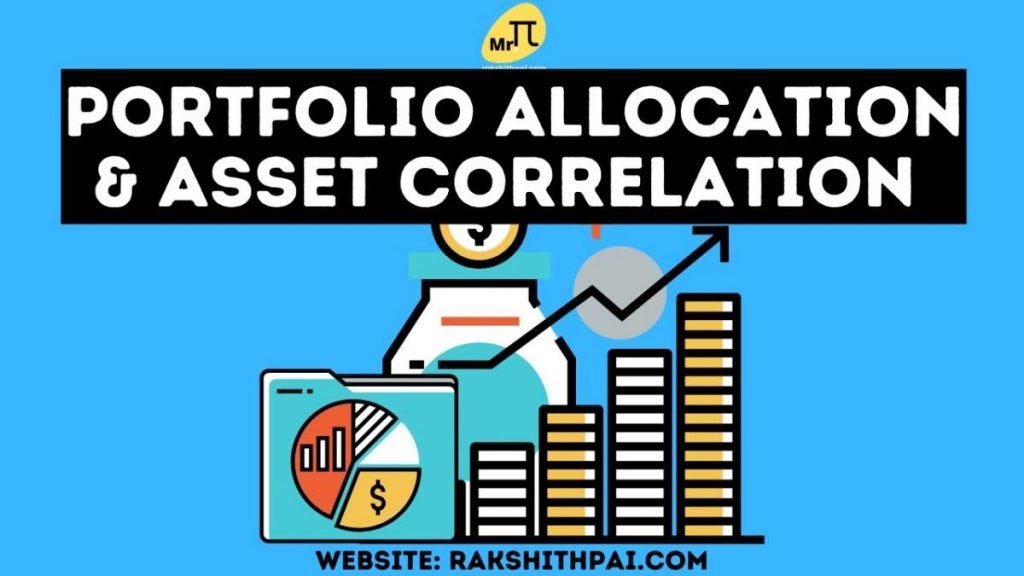
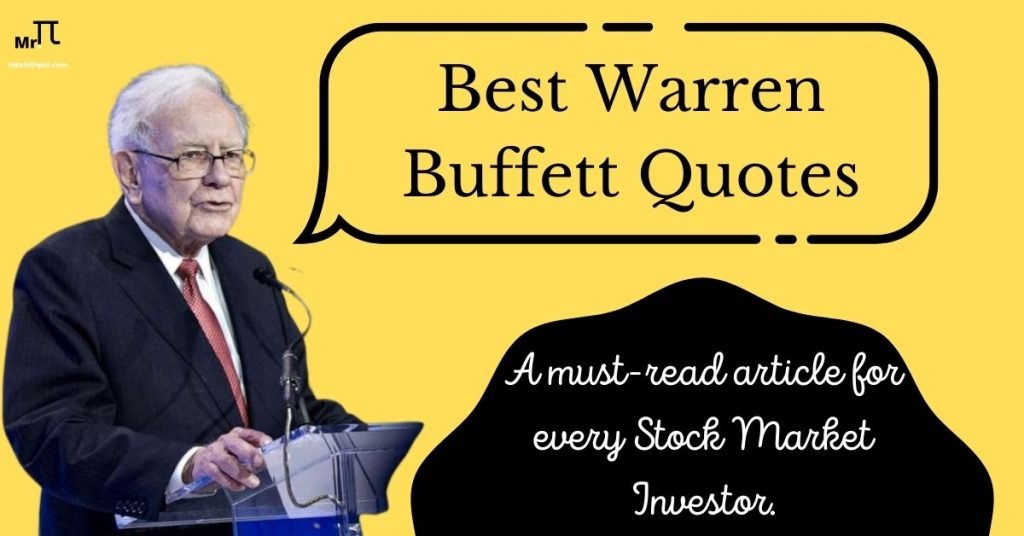
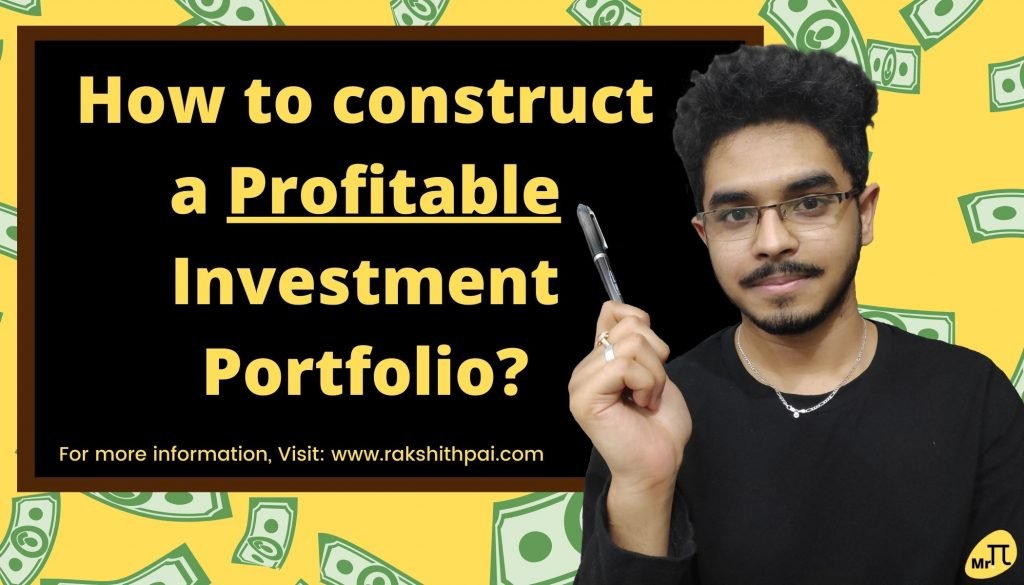
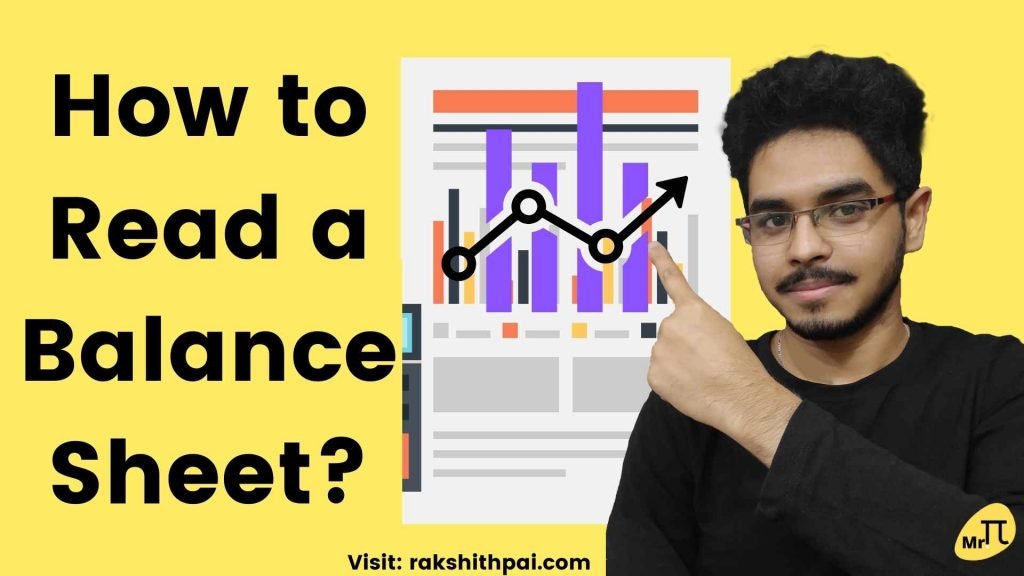
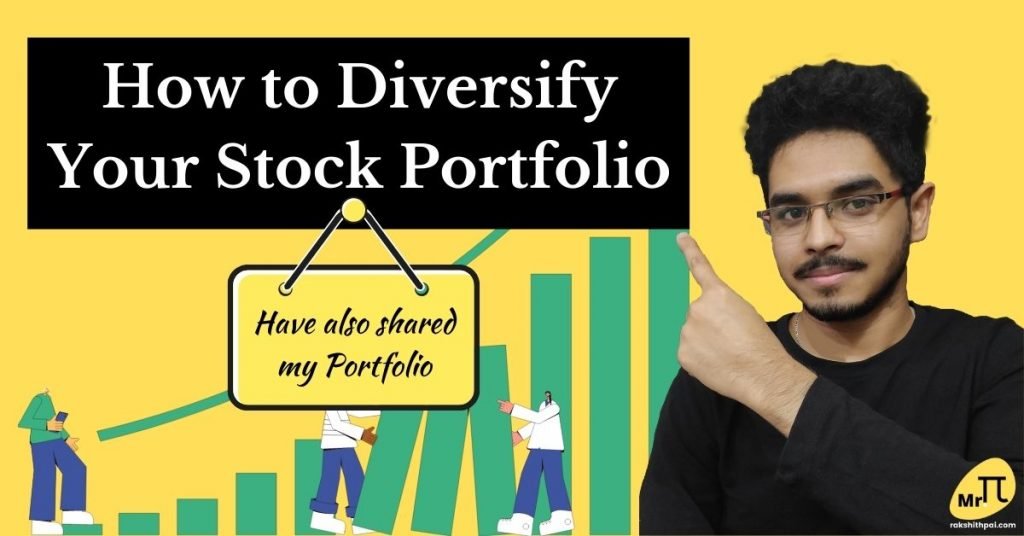
Wow, that was unusual. I just wrote a very long comment but after I clicked submit my comment didn’t appear. Grrrr… well, I’m not writing all that over again. Anyways, just wanted to say great blog!
Hi Circelli,
Thank you for checking out our content.
Good humor! 😂